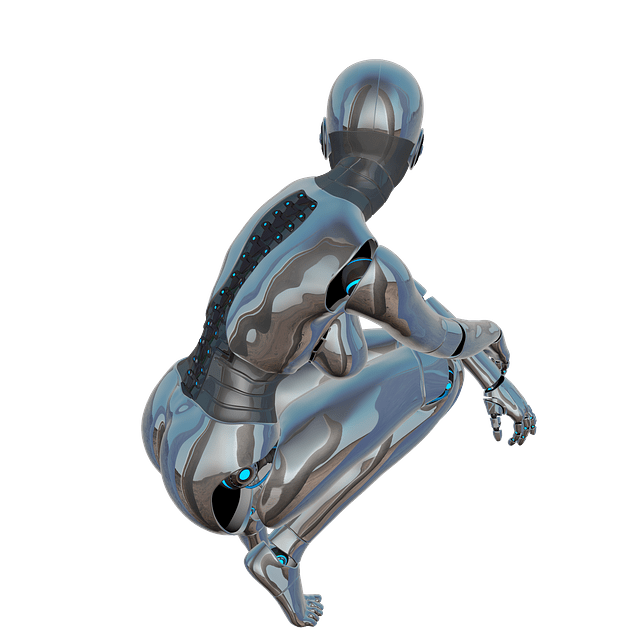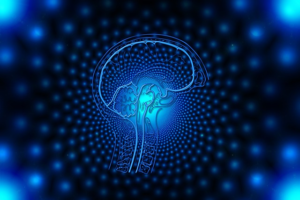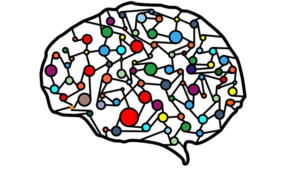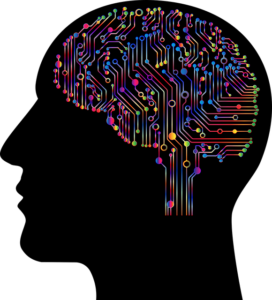Artificial Intelligence, Machine Learning, and the Warning Signs | Bowie State – Bowie State University
Why We Must Exercise Caution with the Emerging Technologies
MEDIA CONTACT: David Thompson, [email protected], 301-860-4311
(BOWIE, Md.) – Will the African Diaspora survive the convergence of man and machine as the world moves forward during the fourth industrial revolution? That question will be explored by Dwight M. Ellis, lecturer in Bowie State…….

Why We Must Exercise Caution with the Emerging Technologies
MEDIA CONTACT: David Thompson, [email protected], 301-860-4311
(BOWIE, Md.) – Will the African Diaspora survive the convergence of man and machine as the world moves forward during the fourth industrial revolution? That question will be explored by Dwight M. Ellis, lecturer in Bowie State’s Communications Department, in a presentation at Northern Virginia Community College on March 2. His lecture will be based on a paper he presented on “Predicting the Impact of Artificial Intelligence and Robotic Technology on Contemporary Culture and Human Rights” at the 6th Annual International Conference of Contemporary Culture Studies in Singapore in November of 2019.
The African Diaspora is the more than 100 million people throughout the Americas with African ancestry, of which 42 million men and women live in the United States. Ellis wants to stimulate discussion on how all people, particularly African Americans, will survive and thrive during this period when artificial intelligence (AI), machine learning, and robots are becoming the norm in all facets of society.
“Culture, education, economics, law, politics, and biomedical sciences are the six areas in our society that are of greatest concern,” said Professor Ellis. “AI, robotics, and machine learning technologies are quickly permeating our daily life with far reaching ramifications. For example, there are AI programs that have been devised to discriminate against African Americans based on how a person speaks,” he said.
A 2017 article in The Technology Review stated that some AI systems are learning to be prejudiced against some dialects, and as language-based AI systems become more common, some minorities may automatically be discriminated by machines. According to the American Civil Liberties Union (ACLU) and the AI Now Initiative, algorithmic bias has become a major societal issue.
“Philosophically, intellectually-in every way, human society is unprepared for the rise of artificial intelligence,” said statesman Henry Kissinger. “A world relying on machines powered by data and algorithms ungoverned by ethical or philosophical norms enabling algorithms to personalize results for political or commercial purposes can result in situations where truth becomes relative and information threatens to overwhelm wisdom,” he said.
Professor Ellis asserts that the technology driving AI, machine learning, and robots presents a myriad of issues particularly for African Americans. He points to the potential for deterioration of student competencies in reading and writing; rising anxiety about jobs which have contributed to increased social tensions and political divisiveness; algorithms used to make important financial and legal decisions; and concerns in the biomedical field where patients spend more time interacting with medical equipment than with a doctor, nurse, or technician.
Everything associated with artificial intelligence is not doom and gloom. Researchers and scientists are working around the globe to develop creative ways to use robots and AI to solve a variety of problems ranging from climate change to normalizing autonomous vehicles. For example, robot dogs have been introduced to the military and are used in a wide range of applications from bomb detection to patrolling the U.S.-Mexican border. The machines can also be used as robotic companion dogs, cats, and other pets to assist the growing number of Americans with dementia.
“Our challenge is to set-up global working groups to monitor AI developments and ensure that all people are not subject to AI practices that are discriminatory and do not lose their identity to algorithms and big data,” said Professor Ellis. “The ship has already sailed but we should be vigilant in staying abreast of the latest AI trends and applications. With the advent of COVID and the accelerated pace of AI development and deployment, we must continuously analyze the technology and mitigate the AI applications that will put millions of people around the world and the African Diaspora at risk,” said Ellis.
###
About Bowie State University
Bowie State University (BSU) is an important higher education access portal for qualified persons from diverse academic and socioeconomic backgrounds, seeking a high-quality and affordable public comprehensive university. The university places special emphasis on the science, technology, cybersecurity, teacher education, business, and nursing disciplines within the context of a liberal arts education. For more information about BSU, visit bowiestate.edu.







